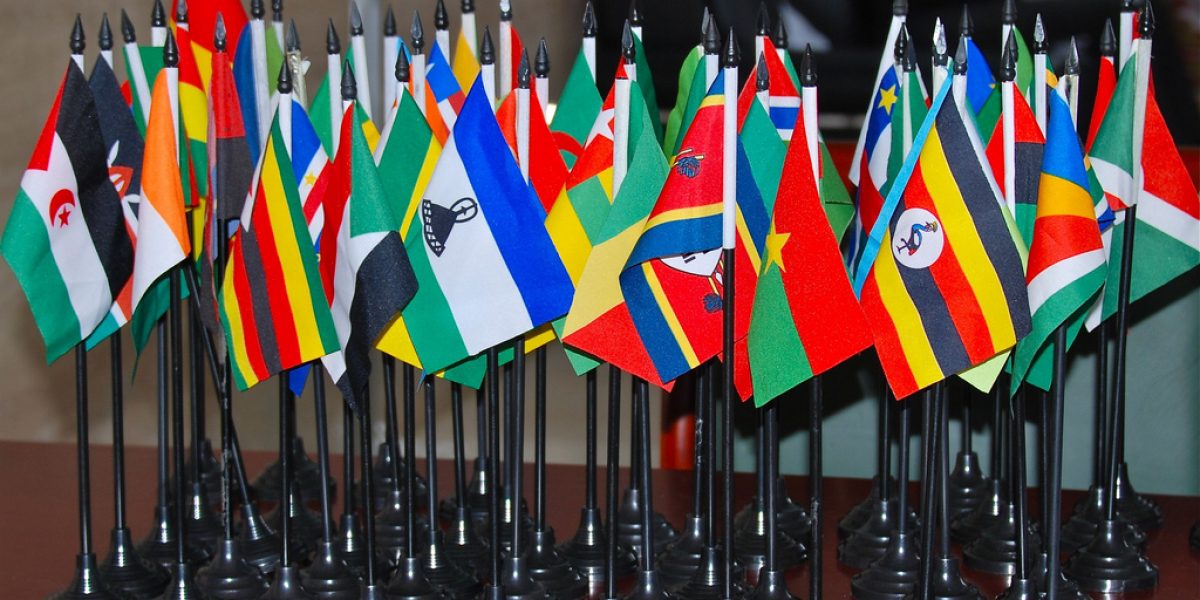This is the second year running when no winner was selected. Is African governance on the decline if one of the continent’s highest-profile governance foundations cannot find worthy recipients? According to Mo Ibrahim himself, the prize was established to recognise “African leaders who have governed well, respected their constitution and left office with their country in better shape than at their arrival.” Eligible candidates are therefore those democratically elected African leaders who have served their terms in office within the limits of the country’s constitution and left office in the preceding three years. So far, the only two winners were former Presidents Joaquim Chissano of Mozambique (2007) and Festus Mogae of Botswana (2008), in addition to an honorary award to former South African President Nelson Mandela in 2007. Apart from recognition and prestige, the prize has a significant financial incentive as well. The laureate receives $5 million over a period of 10 years and $200,000 annually thereafter, for the rest of his/her life. Another $200,000 per annum can go to supporting public interest in activities of the recipient’s choice. The Foundation seeks to reward leaders who did not abuse their power during office and engage in corrupt activities, by providing them, in effect, with a handsome retirement funding stream.
The Foundation’s seven-member Prize Committee that selects a winner is chaired by Nobel Laureate and former United Nations (UN) Secretary General Kofi Annan and includes other notable personalities such as the former Head of the International Atomic Energy Agency (IAEA) Mohammed ElBaradei and the former Mozambican Minister of Education Dr Graça Machel. In 2009 the Prize Committee said that it considered a few credible candidates, but could not select a winner following an in-depth review. This year, it simply said that there were “no new candidates or new developments.”
Were there any worthy candidates? Thabo Mbeki and Olusegun Obasanjo, former Presidents of South Africa and Nigeria respectively, were both eligible, since they had left the office in the last three years. However, both were presumably already considered and rejected last year, perhaps because the former was recalled by his own party, due to alleged political interference in a judicial process, and the latter appeared to be manoeuvering to stand for an unconstitutional third term. Also, there are not many African leaders who would qualify for the award, given its criteria. Libya’s Muamar Qaddafi took power in a coup in 1969, and other long-standing rulers who’ve changed their constitutional term limits include Uganda’s Yoweri Museveni (in power since 1986), Paul Biya of Cameroon (since 1982) and Zimbabwe’s Robert Mugabe (1980).
While democracy and its institutions are taking root in Africa and more leaders are being democratically elected than ever before, good governance and effective leadership are still lacking. The African political environment is dominated by issues of corruption, neo-patrimonialism (use of state resources to buy supporters’ loyalty), disregard for the rule of law and constitutionalism, and the dominance of the executive.
Many countries are making small yet effective steps to improve this situation, for example by signing up to the African Peer Review Mechanism (APRM) and undergoing a governance review. However, others are sliding backwards. These include enacting laws that severely restrict the ability of civil society to operate freely, as in Ethiopia under Prime Minister Meles Zenawi and denying citizens universally accepted norms of human rights by persecuting them for their sexuality, as in Malawi under President Bingu wa Mutharika. Both are unlikely to be short-listed for the Mo Ibrahim award when they leave office.
But it is erroneous to suggest that the non-award means that African governance everywhere is on the decline. Rather, the criteria of the Mo Ibrahim award appear unrealistic, given the current political climate in Africa. Finding an honest leader who has recently departed office in a democratic fashion and left the country in a better state every year was always going to be a tough task, with lots of long-term rulers and profound governance and development challenges facing many African states.
Nevertheless, it is commendable that the Foundation has set high standards that it has refused to compromise. It would rather not give out the prize for two years in a row, than award it for the sake of it. Seeing such an attitude on a continent when leaders are often praised and rewarded for undemocratic practices, lack of accountability and corruption both internally and externally is refreshing. The Mo Ibrahim Foundation is setting a precedent for only giving praise when it is truly deserved, which will hopefully take root in and around discussions of African governance, by activists, politicians and donors alike. If and when the next prize is awarded, we will hopefully have a worthy winner.








